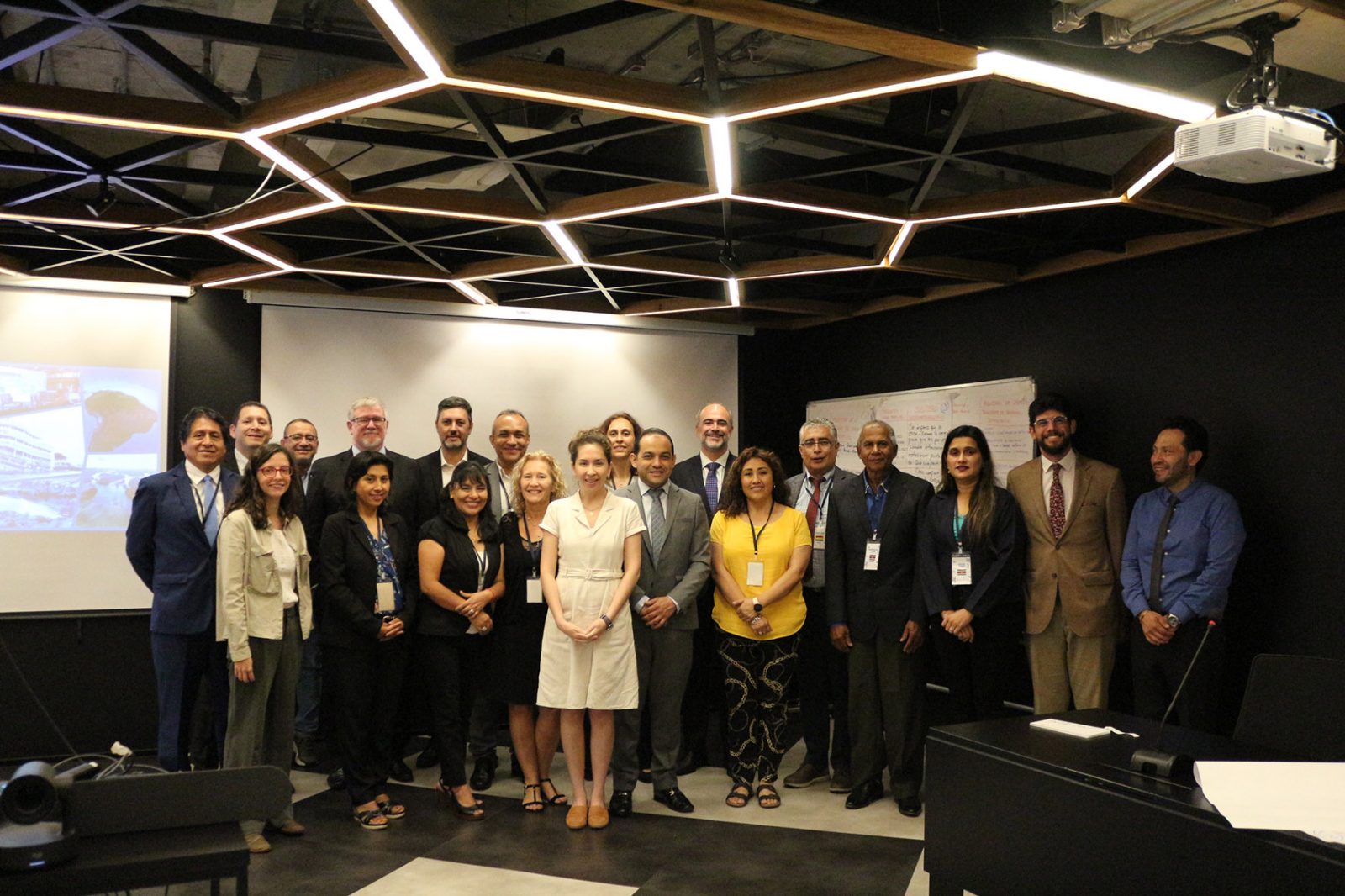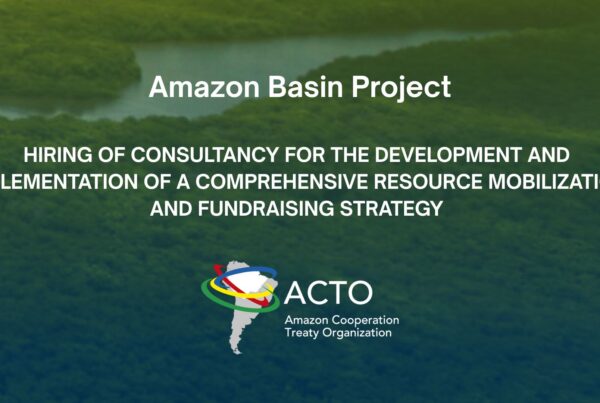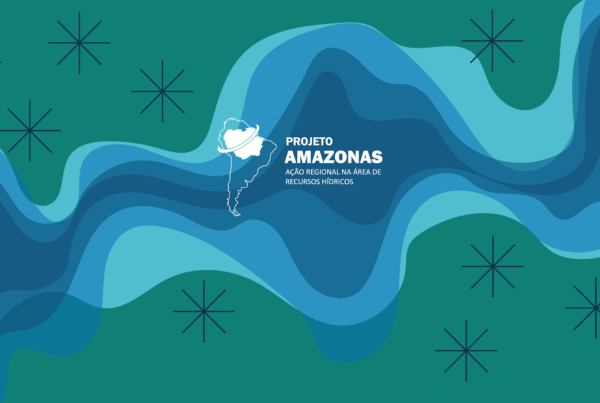The Amazon Basin Project – Implementation of the Strategic Action Program to ensure integrated and sustainable management of transboundary water resources of the Amazon river basin considering variability and climate change is an initiative of the Member Countries of ACTO, executed by the Amazon Cooperation Treaty Organization (ACTO) in alignment with the United Nations Environment Programme (UNEP). It is planned for a duration of 4 years with a budget of US$ 11,7 million from the Global Environment Facility (GEF) and a national co-financing budget of more than US$ 140 million.
This regional initiative supports the countries in the basin in the implementation of priority actions of the Strategic Action Program (SAP), oriented to strengthen the Integrated Water Resource Management (IWRM), to reinforce the capacity of the Amazon communities to adapt to the impacts of climate change, and to guarantee compatible information throughout the basin to take coordinated decisions, among others.
The Project Steering Committee (PSC) acts as the principal authority of the Project, and has the following responsibilities: to supervise the progress of the execution of the program, to have proportionate strategic and political orientations, and to check and approve the budgets and annual work plans, such as technical reports on annual project execution.
The PSC is involved with the National Focal Points of the Project of the 8 Member Countries of ACTO and the representatives of the Implementing Agency – UNEP and Executor Agency – Permanent Secretariat/ACTO.
The II Meeting of the Project Steering Committee met on March 1 and 2, 2023, at the headquarters of ACTO, Brasilia. On this occasion, the Delegates of the 8 Member Countries of the ACTO approved the Annual Progress Report 2022 of the Project, and the Work Plan for 2023 and the project budget.
The main points, such as to accelerate the execution of all national interventions and regional activities according to the Annual Work Plan, to hold quarterly meetings of National Coordinators, and to extend the technical execution period until December 31, 2025, were highlighted among the principal recommendations of PSC.
Along with the previously mentioned, the project is expected to create a space to exchange national experiences on issues related to institutionality and the governance of water.
In the process of searching for key strategic allies for the countries, the PSC recommended adding new implementing partners, such as the Institute SINCHI (Colombia) and the Institute for Green Economy in Suriname, for national interventions.
Given the necessity to rely on new resources, the II Meeting of the Project Steering Committee gave the green light to encourage the investigation of additional resources and strategic allies for the implementation of SAP through the development and proposal presentation of regional initiatives to international financial mechanisms such as GEF and the Green Climate Fund (GCF).
One of the prioritized subjects of the Agenda of Strategic Action Program is the study, monitoring, and management of groundwater. For this reason, the Steering Committee recommended making further headway with the presentation for GEF regarding the Project Identification Form (PIF) For a better understanding of the Amazon aquifer systems for its protection and sustainable management.
Considering the inclusive and participatory approach of the program, the Committee approved to identify opportunities to rescue and reevaluate local experiences, taking into consideration the existence of more than 400 indigenous communities in the Amazon Region.
The II Meeting of the Project Steering Committee of the Amazon Basin Program was finalized with a technical visit to the National Water and Sanitation Agency of Brazil.



